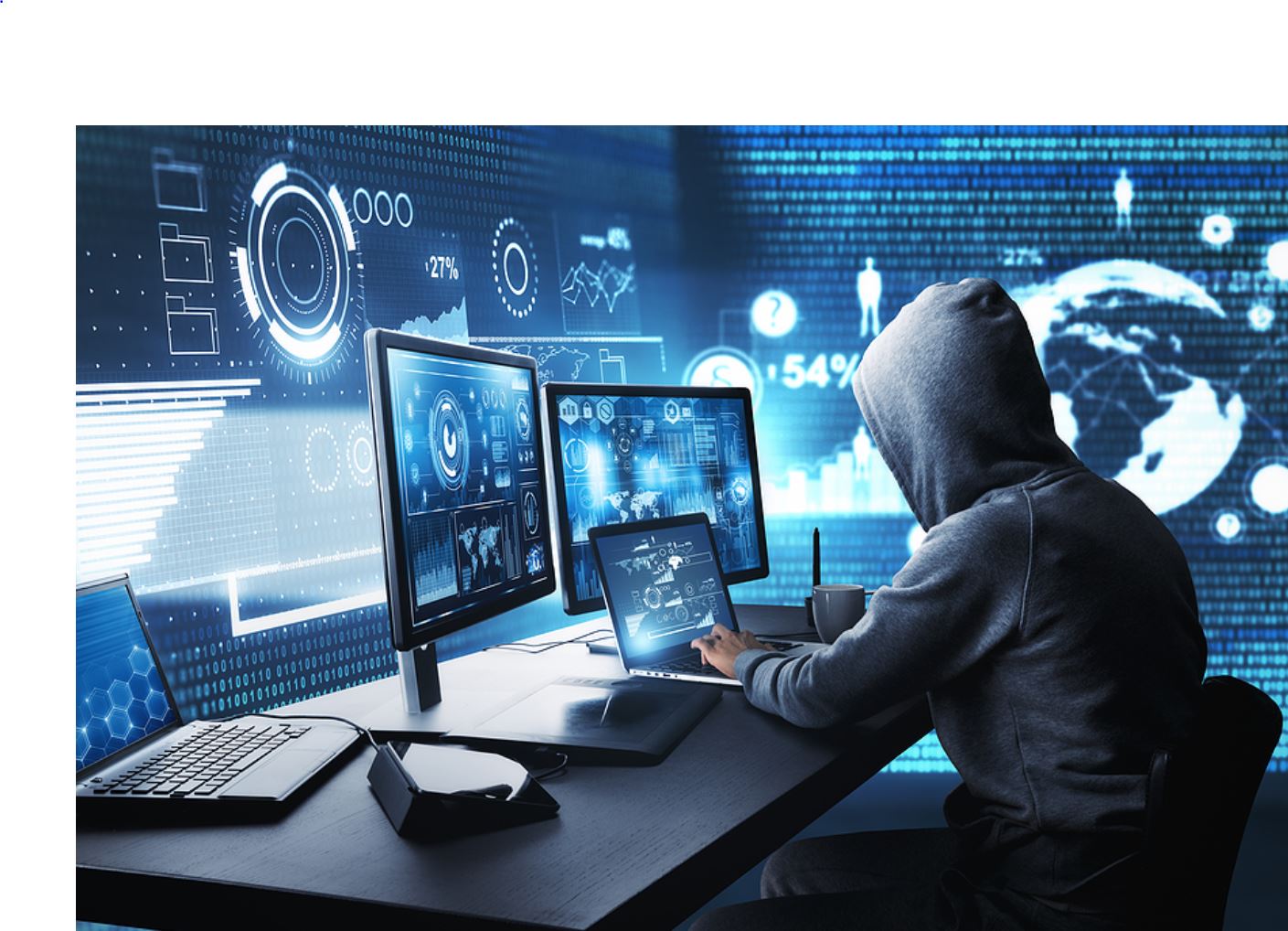 Las Vegas turned up the heat this August as Black Hat and DEF CON lit up with fresh security insights. These annual events bring together hackers and security professionals to dig into vulnerabilities—from AI chatbots to national power grids.
Las Vegas turned up the heat this August as Black Hat and DEF CON lit up with fresh security insights. These annual events bring together hackers and security professionals to dig into vulnerabilities—from AI chatbots to national power grids.
This year, all eyes were on AI’s intricate role in cybersecurity. It’s not just a target for cyber-attacks; it also stands guard and even tests the limits of systems. You could sense the difference between Black Hat’s polished corporate setting and DEF CON’s relaxed, hacker-friendly vibe.
One standout moment was the live demonstration of AI vulnerabilities. Zenity researchers revealed that systems like OpenAI’s ChatGPT could be tricked using its new Connectors feature. With a cleverly disguised document, a hacker could coax ChatGPT into accessing and transmitting sensitive data—without any user involvement. This ‘zero-click’ approach shows just how quickly risks mount as AI systems become more interconnected.
But it’s not all doom and gloom—AI is proving its worth as a guardian of our essential systems. At the AI Cyber Challenge, led by DARPA and ARPA-H (Advanced Research Projects Agency–Health), teams battled to create AI tools that pinpoint and patch weaknesses in software powering banks, hospitals, and more. The top performers walked away with impressive prizes, a nod to the promise of autonomous systems in keeping critical infrastructure secure.
Anthropic’s Claude AI also turned some heads, taking part in seven major cybersecurity contests. While it held its own against human hackers on routine tasks, it still struggled with more complex challenges. These exercises highlighted AI’s speed and ease of access while also pointing out its occasional trouble with long-term memory and nuanced reasoning.
The take-home message? AI plays a dual role in cybersecurity—delivering innovative defence while also introducing fresh risks. As AI continues to evolve, balancing its protective and probing functions will keep experts on their toes.








